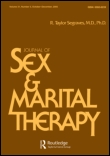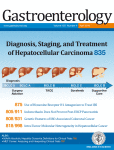
Research integrity officials at Georgia State University say a psychology researcher did not commit misconduct in a controversial 2015 paper in JAMA Pediatrics which challenged the notion that most rapists on college campuses are repeat offenders.
GSU launched the inquiry after an outside researcher questioned the validity of data supplied to him by Kevin Swartout.
Brenda Chapman, associate VP for research integrity, told us in an e-mail that the investigation cleared Swartout of wrongdoing: Continue reading University says no misconduct in campus rape paper
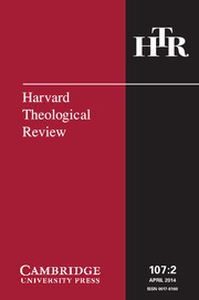
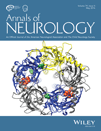
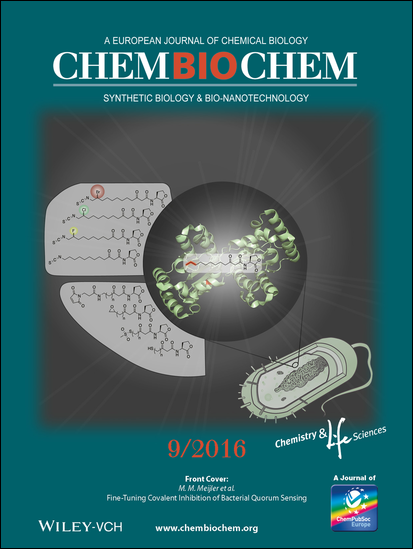 It was
It was 
